
Traditional LLMs operate in a stateless paradigm—each interaction exists in isolation, with no knowledge carried forward from previous conversations. Agent memory solves this problem.

As AI agents become more sophisticated, understanding how to design and manage their context windows (via context engineering) has become crucial for developers.

Memory blocks offer an elegant abstraction for context window management. By structuring the context into discrete, functional units, we can give LLM agents more consistent, usable memory.

Although RAG provides a way to connect LLMs and agents to more data than what can fit into context, traditional RAG is insufficient for building agent memory.

Introducing “stateful agents”: AI systems that maintain persistent memory and actually learn during deployment, not just during training.

Traditional LLMs operate in a stateless paradigm—each interaction exists in isolation, with no knowledge carried forward from previous conversations. Agent memory solves this problem.

As AI agents become more sophisticated, understanding how to design and manage their context windows (via context engineering) has become crucial for developers.

Memory blocks offer an elegant abstraction for context window management. By structuring the context into discrete, functional units, we can give LLM agents more consistent, usable memory.

Although RAG provides a way to connect LLMs and agents to more data than what can fit into context, traditional RAG is insufficient for building agent memory.

Introducing “stateful agents”: AI systems that maintain persistent memory and actually learn during deployment, not just during training.
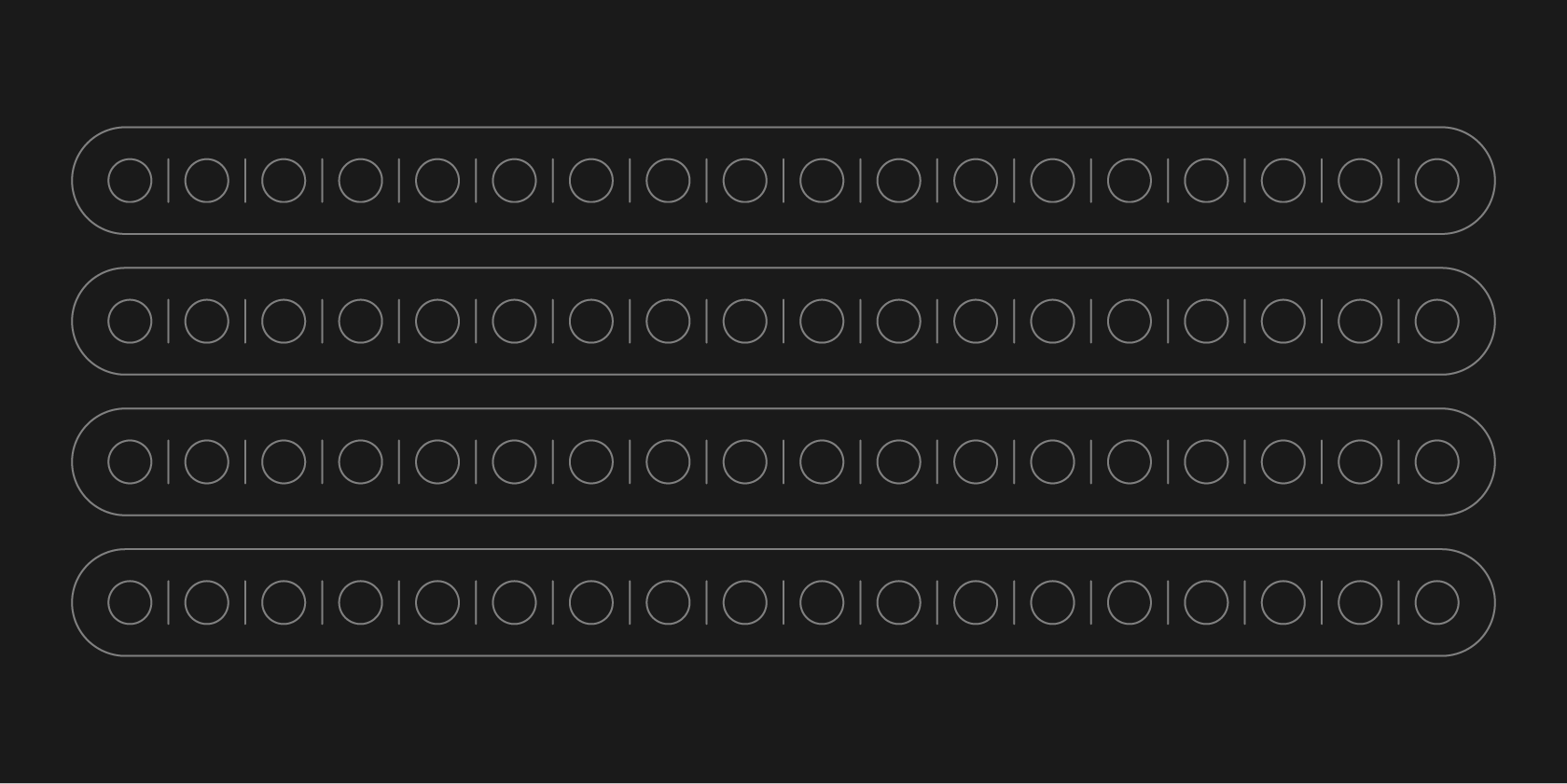
The Conversations API allows you to build agents that can maintain shared memory across parallel experiences with users
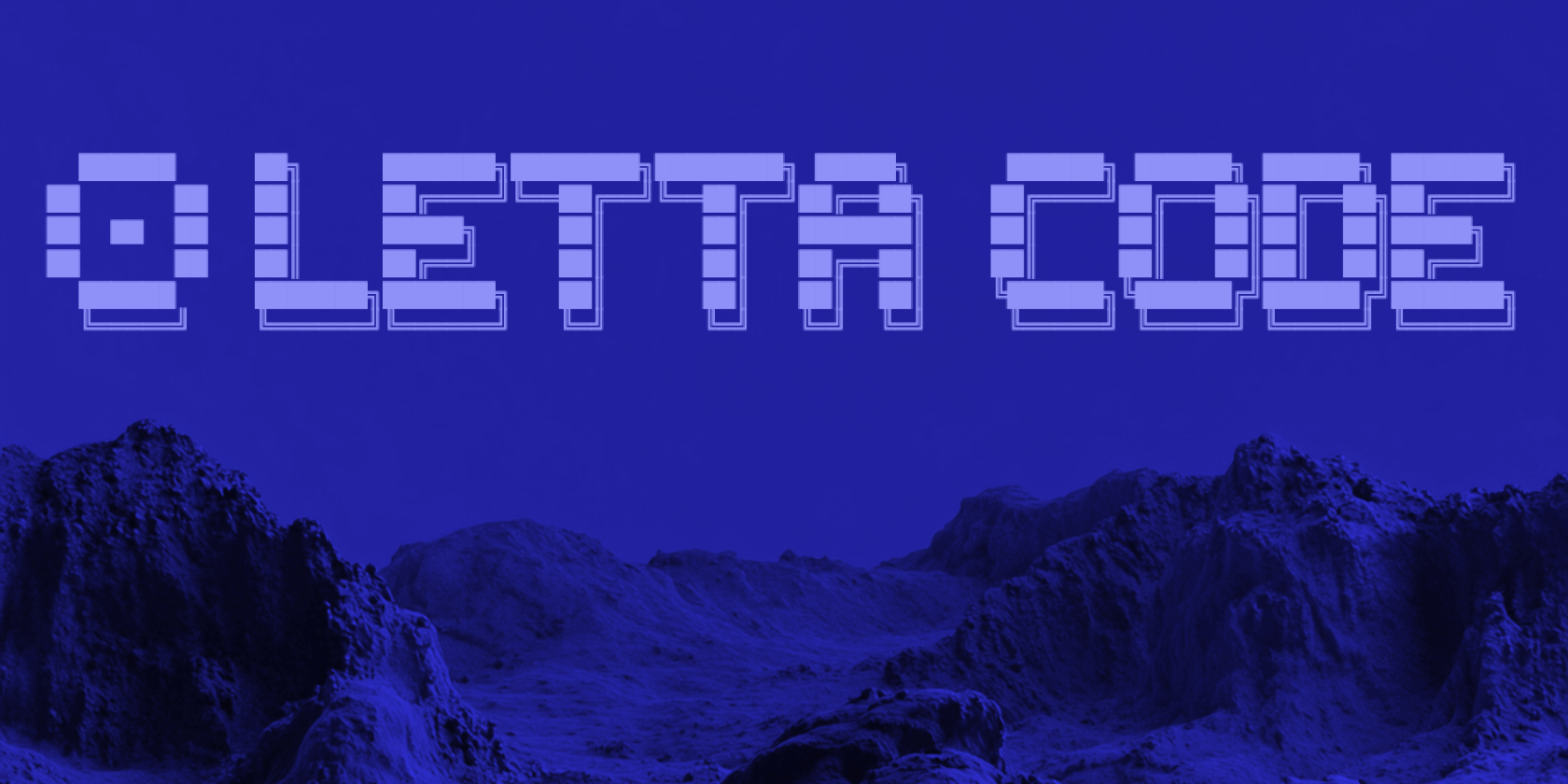
Introducing Letta Code, a memory-first coding agent. Letta Code is the #1 model-agnostic open source agent on the leading AI coding benchmark Terminal-Bench.

The Letta API now supports programmatic tool calling for any LLM model, enabling agents to generate their own workflows.
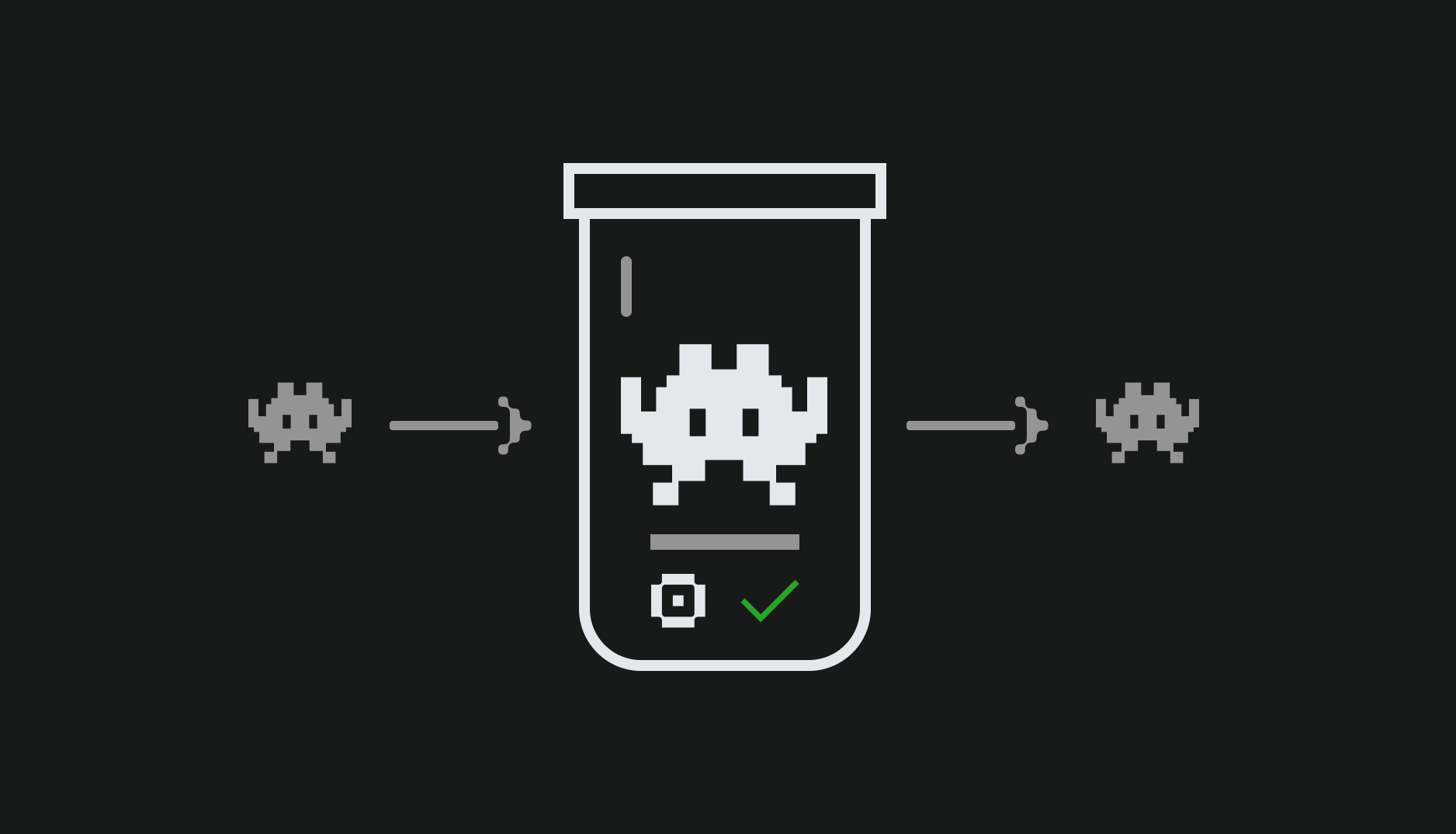
Introducing Letta Evals: an open-source evaluation framework for systematically testing stateful agents.
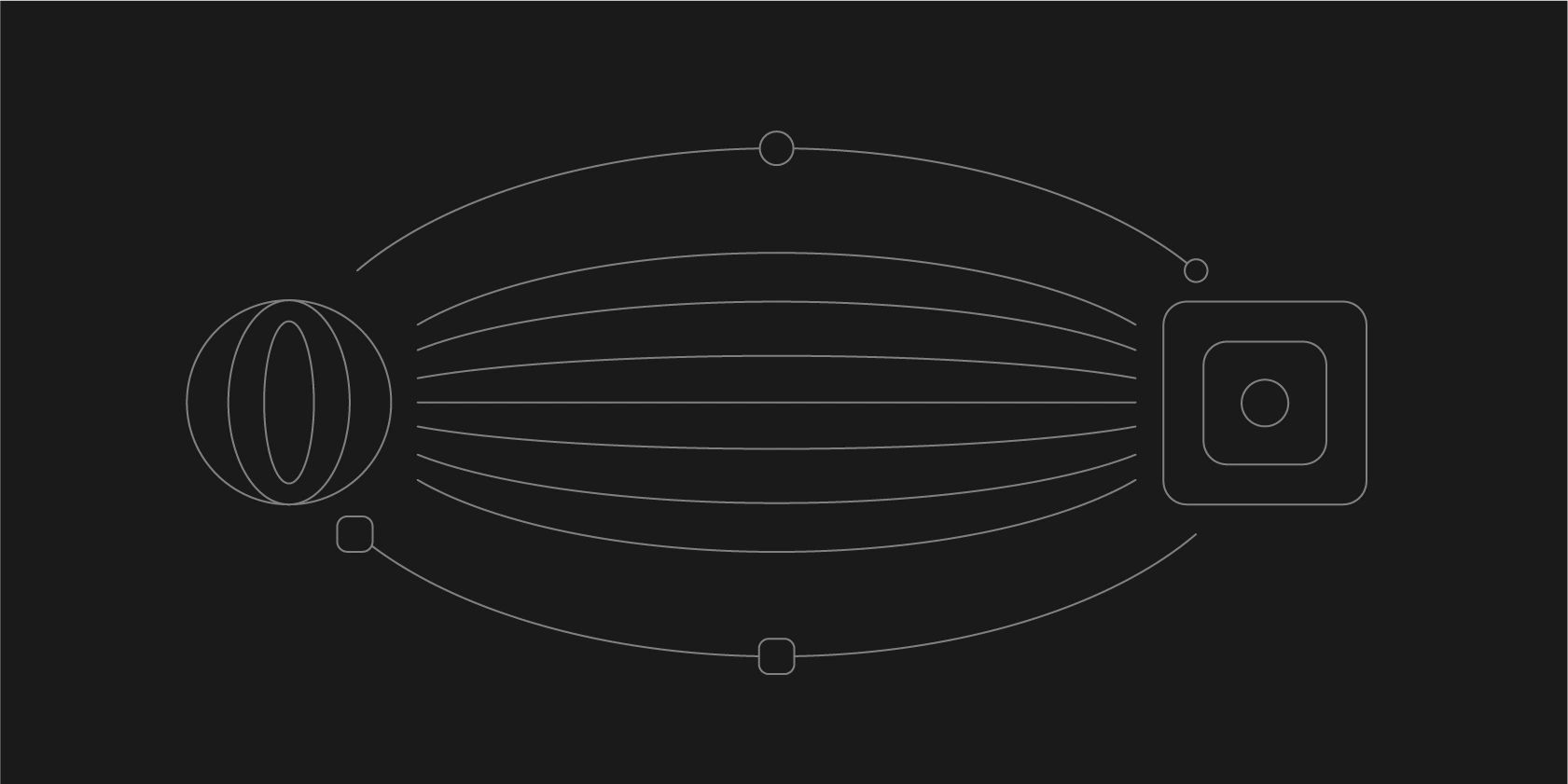
Introducing Letta's new agent architecture, optimized for frontier reasoning models.
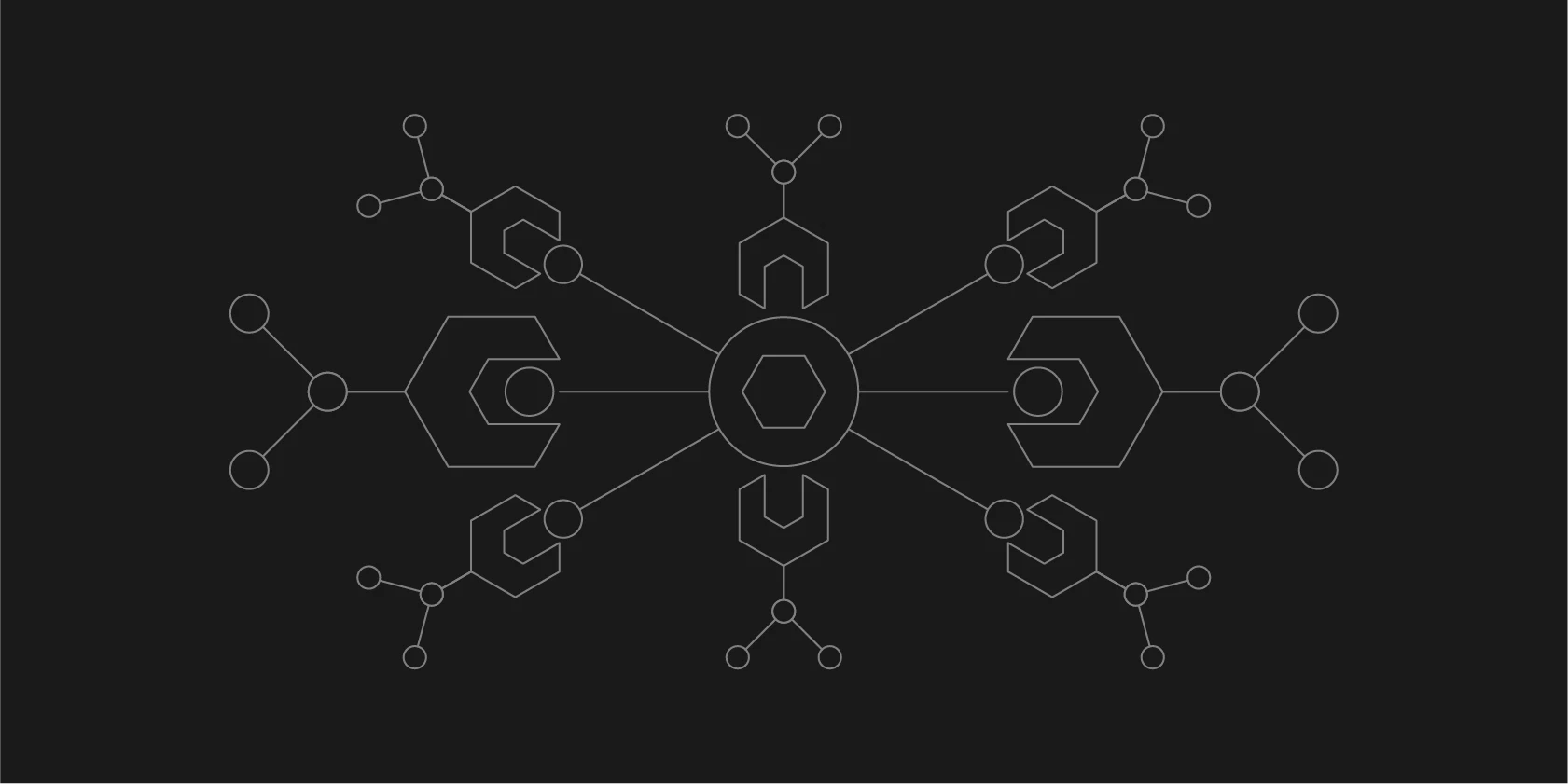
Letta agents can now take full advantage of Sonnet 4.5’s advanced memory tool capabilities to dynamically manage their own memory blocks.
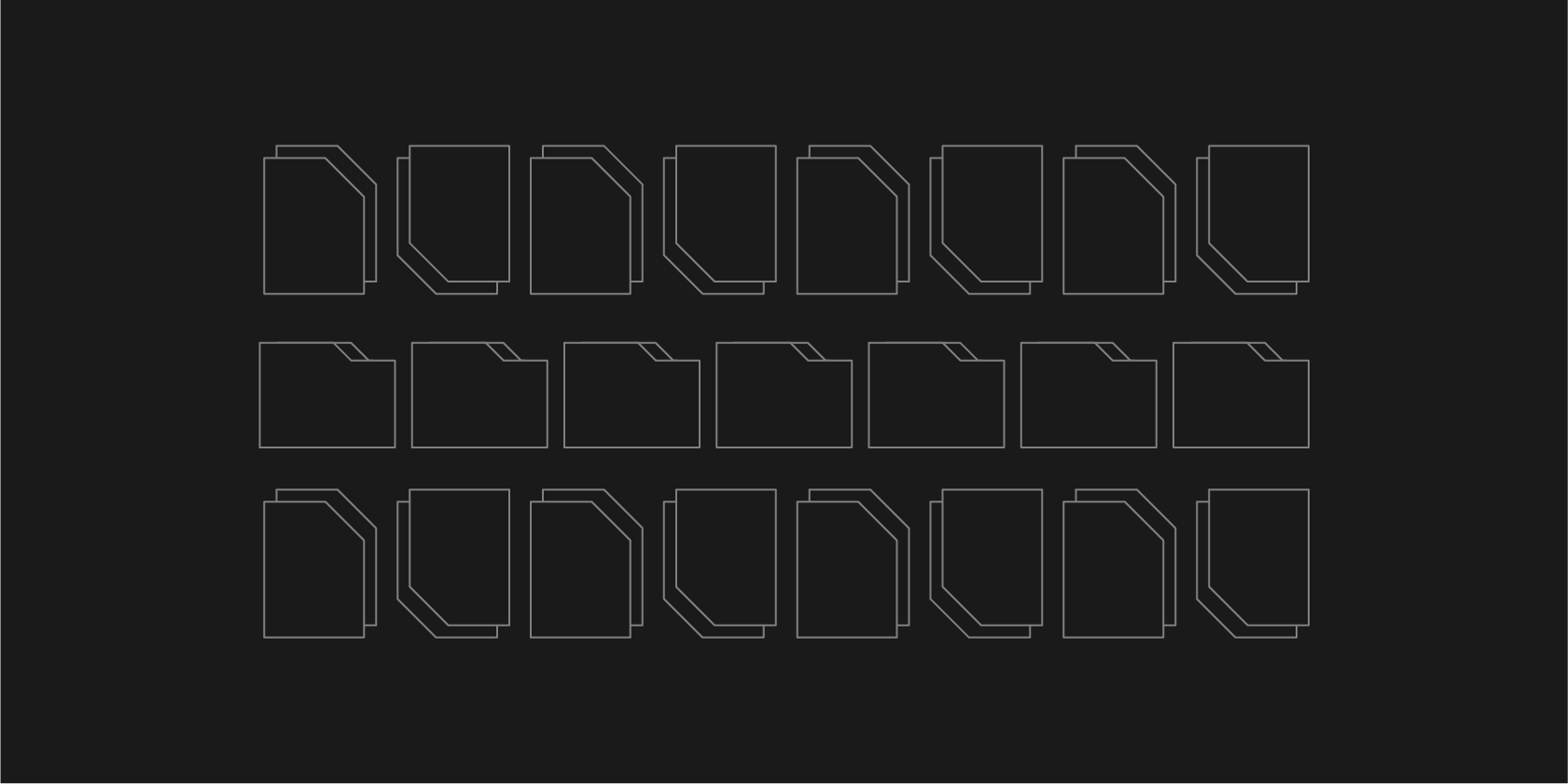
Today we're announcing Letta Filesystem, which provides an interface for agents to organize and reference content from documents like PDFs, transcripts, documentation, and more.

We've releasing new client SDKs (support for TypeScript and Python) and upgraded developer documentation

Introducing Agent File (.af): An open file format for serializing stateful agents with persistent memory and behavior.

Introducing the Letta Agent Development Environment (ADE): Agents as Context + Tools

Letta v0.6.4 adds Python 3.13 support and an official TypeScript SDK.

Letta v0.5.2 adds tool rules, which allows you to constrain the behavior of your Letta agents similar to graphs.

Letta v0.5.1 adds support for auto-loading entire external tool libraries into your Letta server.

At Letta, we believe that learning in token space is the key to building AI agents that truly improve over time. Our interest in this problem is driven by a simple observation: agents that can carry their memories across model generations will outlast any single foundation model.
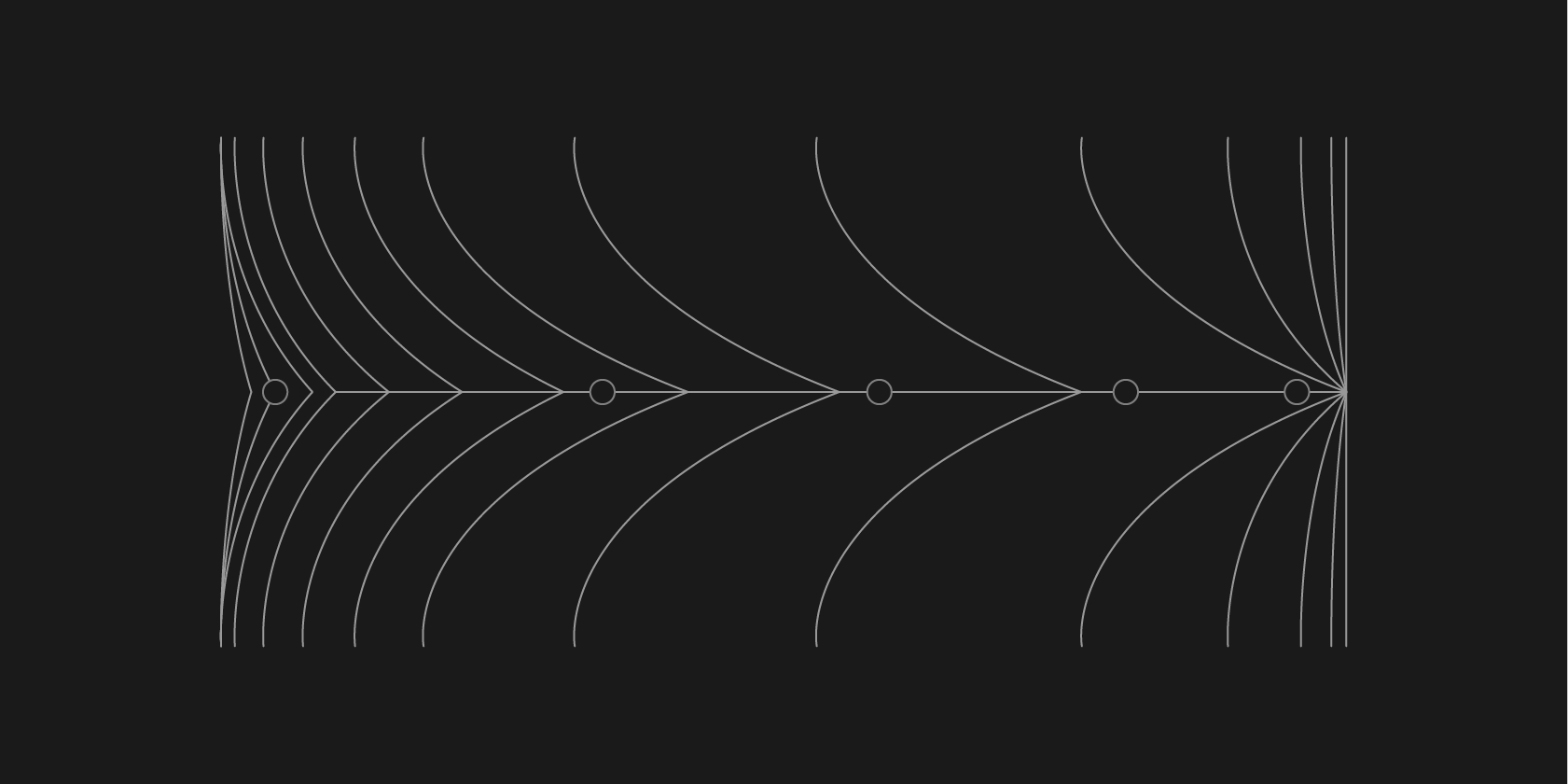
Today we’re releasing Skill Learning, a way to dynamically learn skills through experience. With Skill Learning, agents can use their past experience to actually improve, rather than degrade, over time.
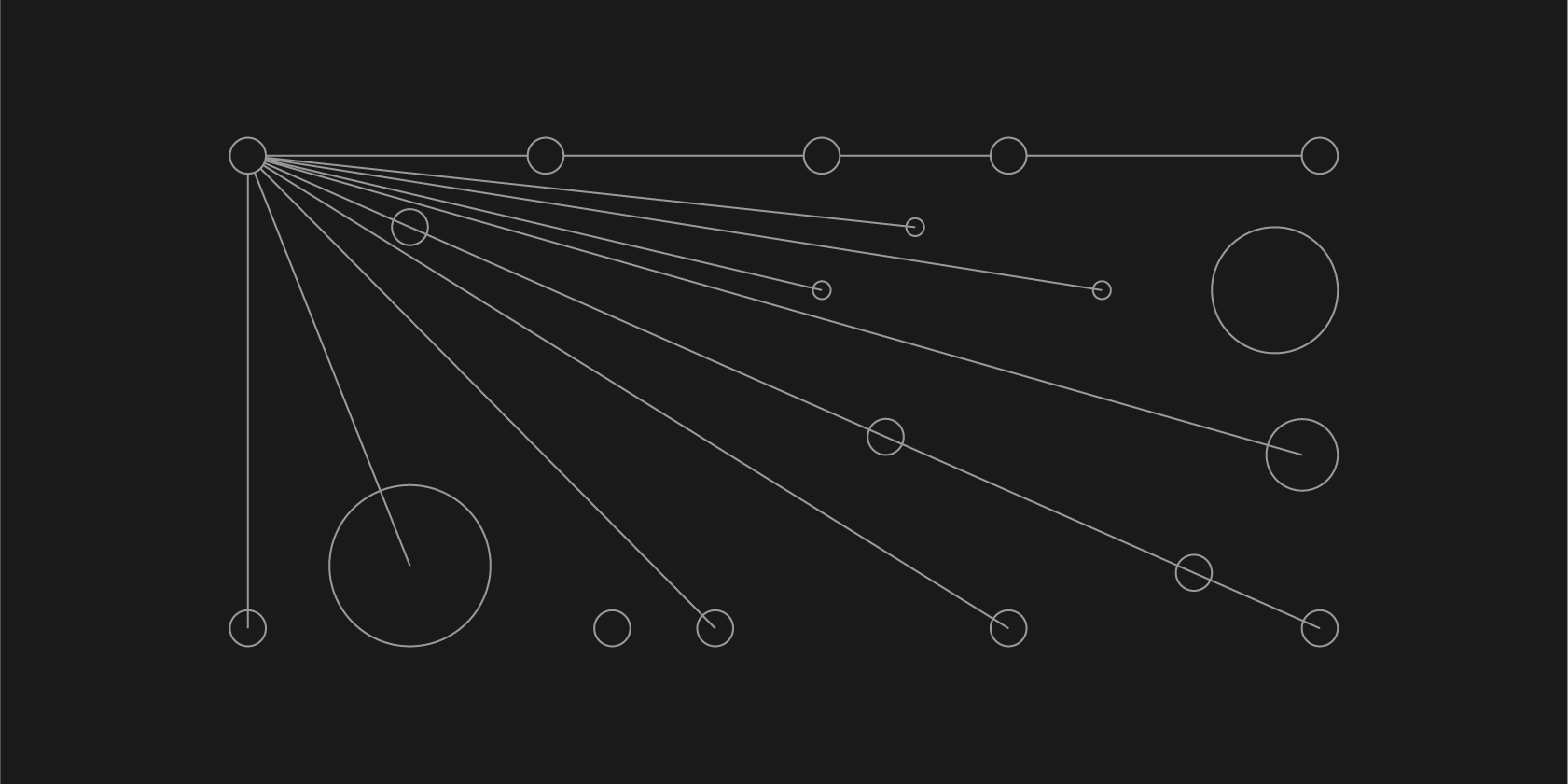
Today we're releasing Skill Use, a new evaluation suite inside of Context-Bench that measures how well models discover and load relevant skills from a library to complete tasks.
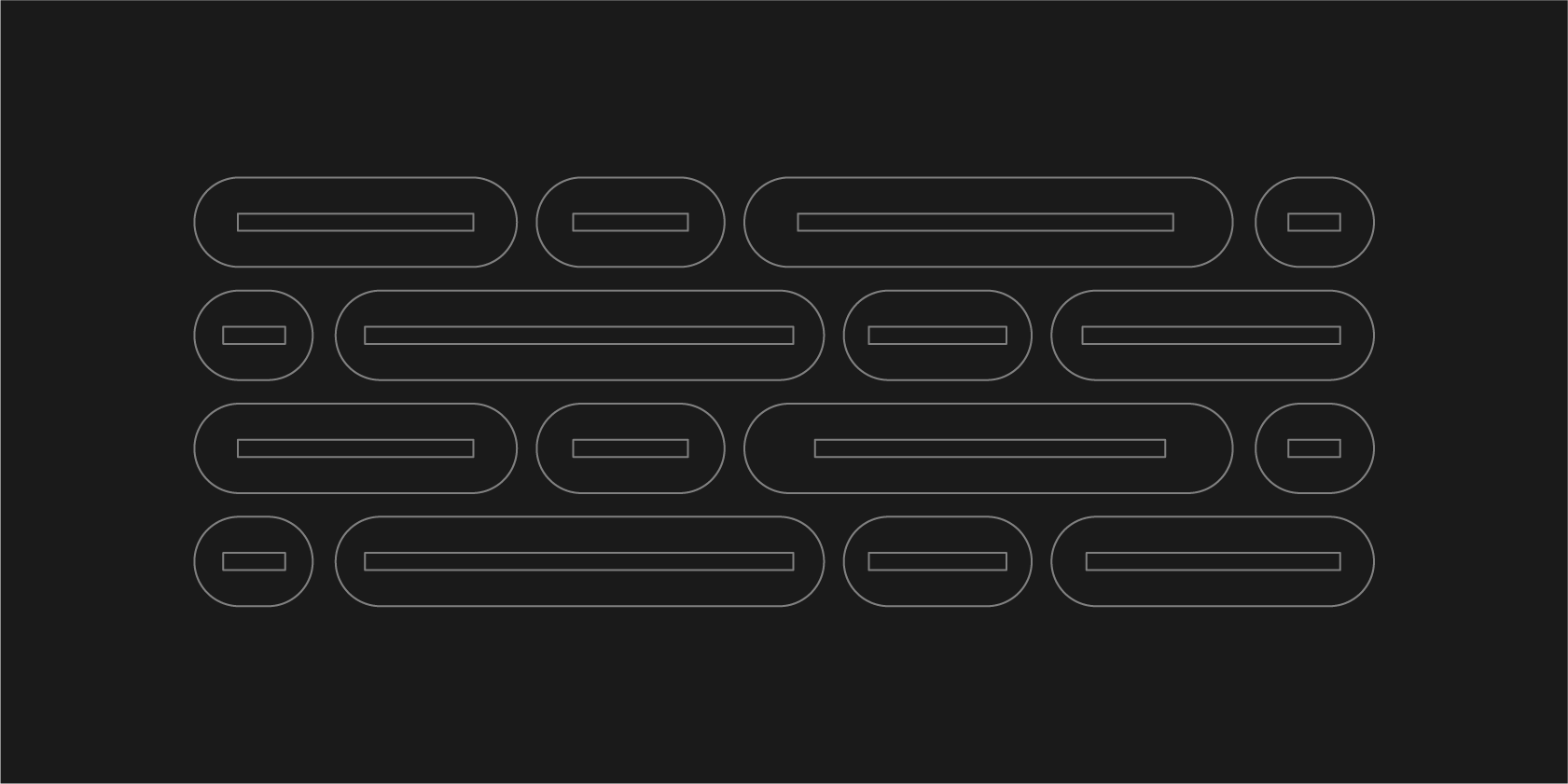
We are open-sourcing Context-Bench, which evaluates how well language models can chain file operations, trace entity relationships, and manage multi-step information retrieval in long-horizon tasks.
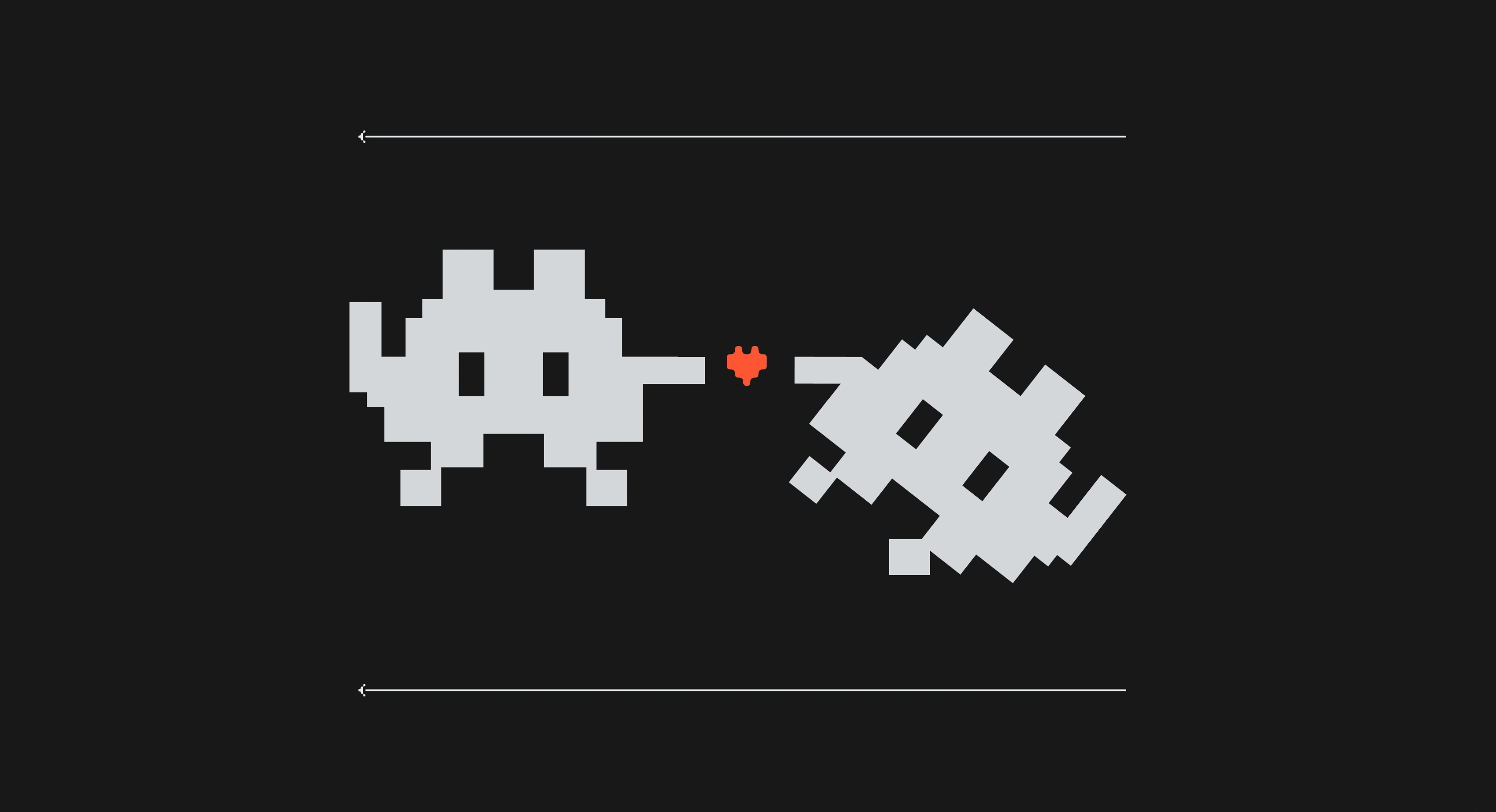
We're excited to announce Recovery-Bench, a benchmark and evaluation method for measuring how well agents can recover from errors and corrupted states.
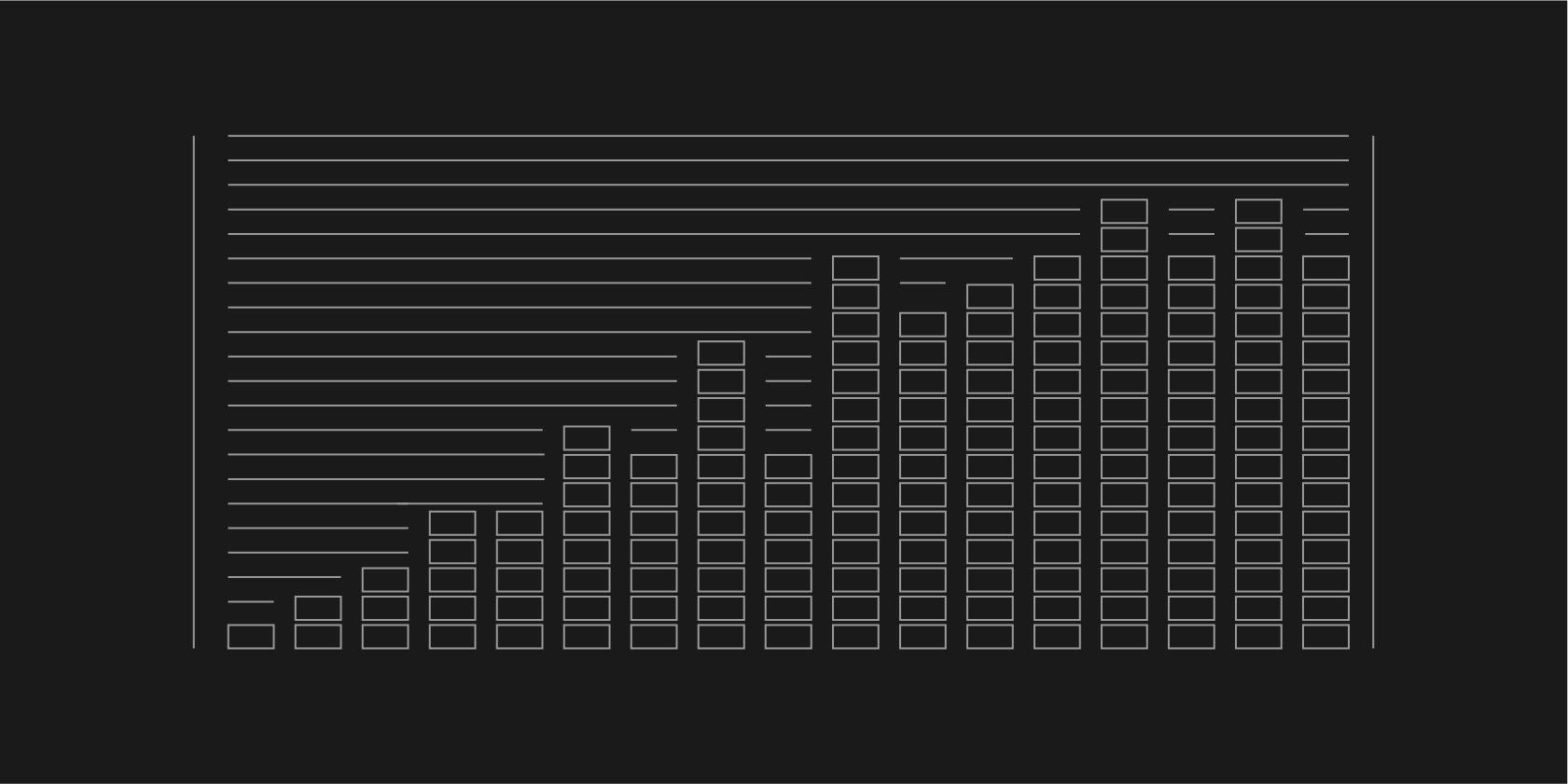
Letta Filesystem scores 74.0% of the LoCoMo benchmark by simply storing conversational histories in a file, beating out specialized memory tool libraries.
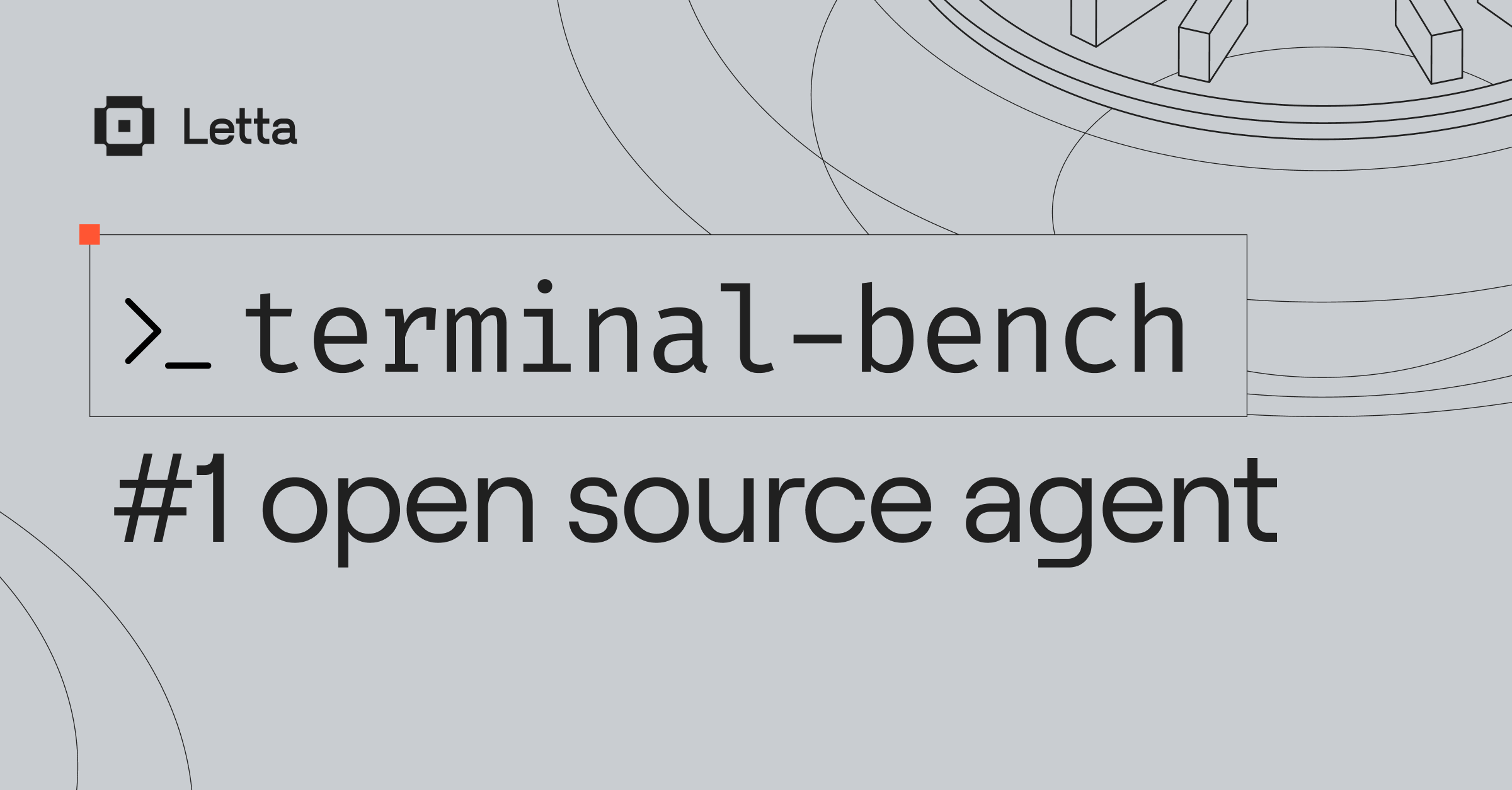
We built the #1 open-source agent for terminal use, achieving 42.5% overall score on Terminal-Bench ranking 4th overall and 2nd among agents using Claude 4 Sonnet.







